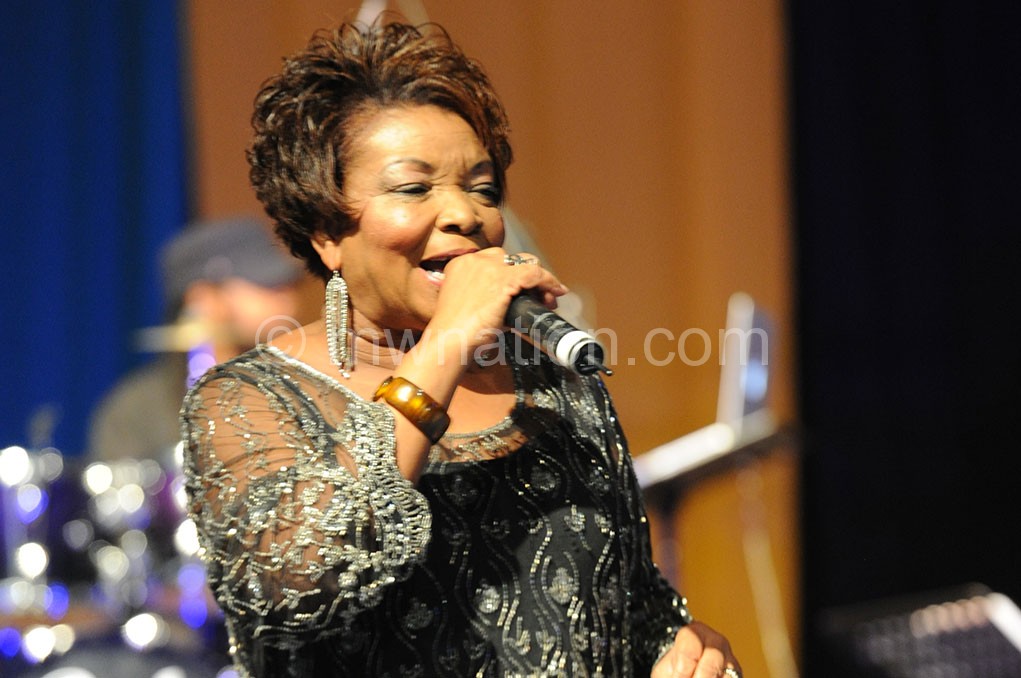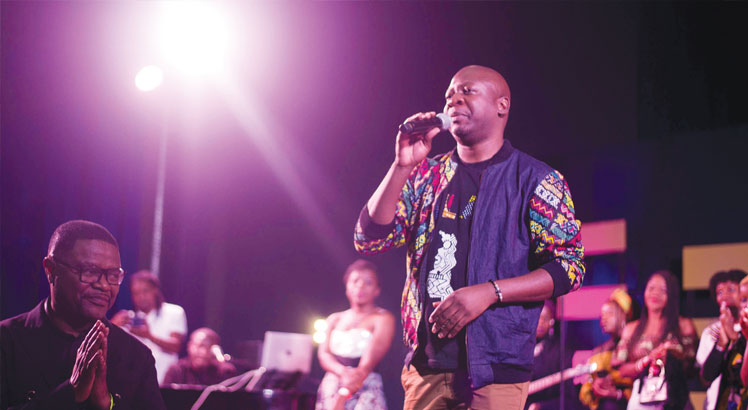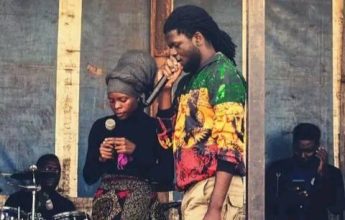Troubling gender face of witchcraft accusations
Compared to their male counterparts, women are disproportionately accused of practising witchcraft more. But why? EPHRAIM NYONDO continues the witchcraft series.
There is an adage among the Tonga people, mostly in Nkhata Bay, that: ‘Fwiti inthikazi njiheni ukongwa’—meaning a female witch is the most wicked.

And Group Village Head (GVH) Kathumba from the district understands the adage well.
“Often, if not most of the times, women are the ones who practice witchcrafts.
“If a female witch wants to kill somebody, she does not relent. It is forward ever, backward never. She is a very dangerous witch,” he says.
GVH Kathumba said this in an interview with The Nation in 2013, the year government freed all people who had been imprisoned on suspicion of practicing witchcraft. Interestingly, most of those freed were the elderly; and the majority of them women.
Likewise, when one looks at the recent Neno incident, where four elderly people were killed on suspicion of witchcraft, it is the same story—one man and three women.
A 2011 study by Charles Chilimampunga and George Thindwa titled The Extent and Nature of Witchcraft-based Violence against Children, Women and the Elderly in Malawi, found that woman are generally perceived to be witches more than men.
The study, whose participants included 1 193 household heads, 94 key informants and 310 Focus Group Discussions (FGD) participants, found that 55 percent of both sampled household heads and FGD participants, found that elderly women are perceived to practice witchcraft more than men.
In 2010, the Walter Leitner International Human Rights Clinic (Leitner) at Fordham Law School in the UK partnered with the Centre for Human Rights Education Advice and Assistance (Chreaa), on a witchcraft-related project where they ran an experimental one-week mobile legal-aid clinic focusing on witchcraft cases in two rural communities in the country.
Of the 45 witchcraft cases they held in their mobile clinic, only four involved accusations of witchcraft against an elderly male.
The situation is not different beyond Malawi.
In an article titled Witchcraft Accusations and Human Rights: Case Studies from Malawi, researchers Chi Adanna Mgbako and Katherine Glenn found that in South Africa, although both men and women practice witchcraft, women are twice as likely to be accused. They add that in Tanzania, between 1998 and 2001, 17 220 women were reportedly the victims of abuse for allegedly practicing witchcraft—with 10 percent killed.
The question, then, is: Why are women, mostly the elderly, often accused of practicing witchcraft?
LivinessElifala from Lodzanyama Village, Traditional Authority Ntema in Lilongwe is one of the elderly women accused of practising witchcraft, who were freed from prison in 2013.
Asked why elderly women like her are always the target of accusation, she said: “I don’t know why. May be it is because most of my children died and they are wondering why I am still alive. I was forced to admit practising witchcraft because I feared for my life.”
Psychologist Chiwoza Bandawe told Weekend Nation that Malawi, generally, is a superstitious society where there is high belief in supernatural powers, including witchcraft.
Bandawe further argued that witchcraft “must be a sign of frustration by people because of some socio-economic challenges”.
He added that normally, people find an easy target to vent their frustrations on such groups as the elderly.
The Leitner/Chreea mobile clinic also observed that it was often relatives who accused older female victims of witchcraft.
But is the law enough to protect these vulnerable groups?





